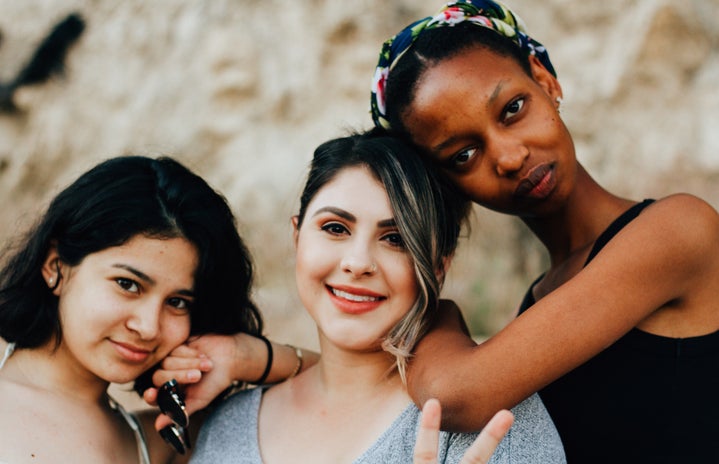intersectionality and why it concerns everyone
Race is the single most predictive indicator of one’s performance in practically every element of everyday life in the United States, including education, health, housing and nearly every other facet of daily life. Racism pervades government, non-profit and corporate systems, as well as the policies, practices and processes that produce and maintain them.
Defined by American Epidemiologist and activist Dr. Camara Phylis Jones, racism is “a system of structuring opportunity and assigning value based on the social interpretation of how one looks, that unfairly disadvantages some individuals and communities, unfairly advantages other individuals and communities and saps the strength of the whole society through the waste of human resources.”
Individuals, on the other hand, do not identify primarily by race. As a result, racism is not the only kind of oppression and power in our institutions and society. Individuals define themselves in a variety of ways including ethnicity, class, gender, sexuality and ability. Where we fall in the hierarchy of each of these identities determines our chances of success.
Racism enriches white people while injuring African-Americans, Native Americans and other people of color. Wealthy people benefit from classism, whereas impoverished people suffer as a result of it. Sexism and patriarchy favor cisgender men, but they damage women, femmes, trans, non-binary and gender non-conforming persons. Straight people gain from heteronormativity, whereas lesbian, gay, bisexual, transgender, queer, intersex, pansexual, genderqueer and asexual (LGBTQIA+) people and communities suffer. Abilities benefit non-disabled people while creating injustices for impaired persons.
These systems of oppression and power do not work in a vacuum. People who are harmed because of their identification in one or more of these systems are subjected to higher oppression from all of these systems combined. Intersectionality, a word established by Kimberlé Crenshaw in 1989, is a way of accounting for this compound oppression – at the junction of race, class, gender, sexuality and ability.
Dismantling these systems of oppression requires a framework that recognizes the intersections of these identities. For example, a racist policy will create inequities between racial groups (i.e. White people and Black, Indigenous and People of Color), but the same policy may create deeper sexist inequities for Black women, trans, non-binary and gender non-conforming people than for cisgender Black men. A policy that is both racist and ableist will create inequities for Latinx men but deeper inequities for disabled Latinx men than non-disabled Latinx men.
So what can you do to work towards social equity? You can start by recognizing that in the United States, there are numerous forms of systemic discrimination that prevent people from achieving equal opportunity. Recognize that different types of systemic discrimination interact with one another, posing unique challenges for individuals and communities. Respect the voices of those who are most affected by issues by centering their voices, honoring their community goals and stepping aside and allowing them to speak for themselves. When discussing your problems, be inclusive and consider diverse points of view. Recognize that people with intersecting identities may have distinct obstacles in terms of how their families are regarded, as well as forming and maintaining families. Be willing to go beyond the box when it comes to social justice concerns, evaluating how they connect to seemingly unrelated themes and examining how they might have unintended implications in other areas. To foster transformative change, work with people from many communities, issue areas and sectors to collaborate and/or give resources.
Intersectionality is critical in our attempts to create equitable spaces in which everyone may thrive. Local leaders have a unique opportunity to address these issues by enacting anti-racist policies, practices and procedures through their governments, as well as cooperating with organizations and the private sector to do so.


